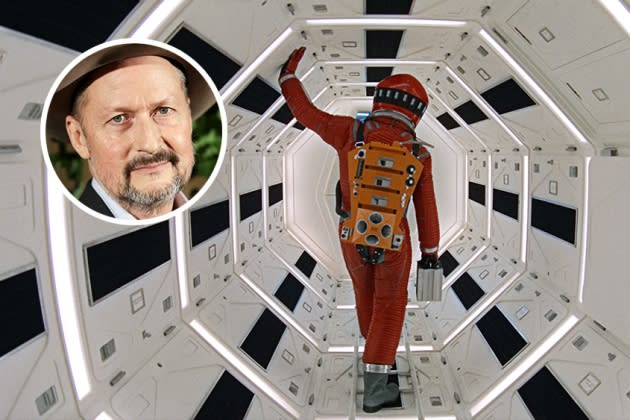Todd Field on How ‘2001: A Space Odyssey’ Forever Changed Cinema

This essay is one of several contributed by filmmakers and actors as part of Variety’s 100 Greatest Movies of All Time package.
Though now considered one of the major artistic works of the 20th century, in 1968 Stanley Kubrick’s “2001: A Space Odyssey” detonated on-screen — that is to say it bombed.
More from Variety
Great Oscars News! From Blockbusters to Comebacks, This Season Has Something for Every Moviegoer
'Everything Everywhere All At Once' Wins Best Feature at Gotham Awards
At its New York premiere somewhere around 250 people walked out. Many critics had difficulty reading the film. Kubrick knew it demanded repeat viewings, and through sheer will managed to convince the MGM brass to keep it in theaters. After a few months “2001” took root in America’s burgeoning counterculture. People were getting high in the theater and returning to see it again and again. Once the debris field cleared, “2001” was all anyone was talking about. The critics returned to reappraise the film, and it went on to turn a huge profit. Most importantly Kubrick’s “2001” allowed audiences and filmmakers alike to experience his Icarus-like view of a cinematic universe they had never before experienced.
Like Joyce’s “Ulysses,” Kubrick’s stylistic and technical innovations forever changed the form. His level of imagination, execution and wholly original art, wielding never-before-seen tools — going so far as stealing scientists from NASA — is, as the one-sheet states, “A Real Trip.” Cinema and, dare I say, mankind took a monumental leap forward.
Culture took cues and clues from “2001” and drafted off it. From Bowie’s Major Tom to Steve Jobs’ design aesthetic, every aspect of our world has and continues to be informed by this film — including the way we fetishize and fear the hive neural AI inside the one-eyed machines that rule our lives — a fact that makes many prone to view Stanley Kubrick as an actual prophet instead of a mere filmmaker.
Throughout Kubrick’s life his intelligence was fed by his curiosity, and his fearless ability to self-learn. Stanley was dubious of all formal education. That included the supposed know-how of people working in the industry. In this way, he was a pure amateur, and able to make his art with the unreasonable enthusiasms of an amateur. How lucky we all are that he never turned pro.
Todd Field is the director of “Tár,” “Little Children” and “In the Bedroom.”
Best of Variety
Sign up for Variety’s Newsletter. For the latest news, follow us on Facebook, Twitter, and Instagram.

